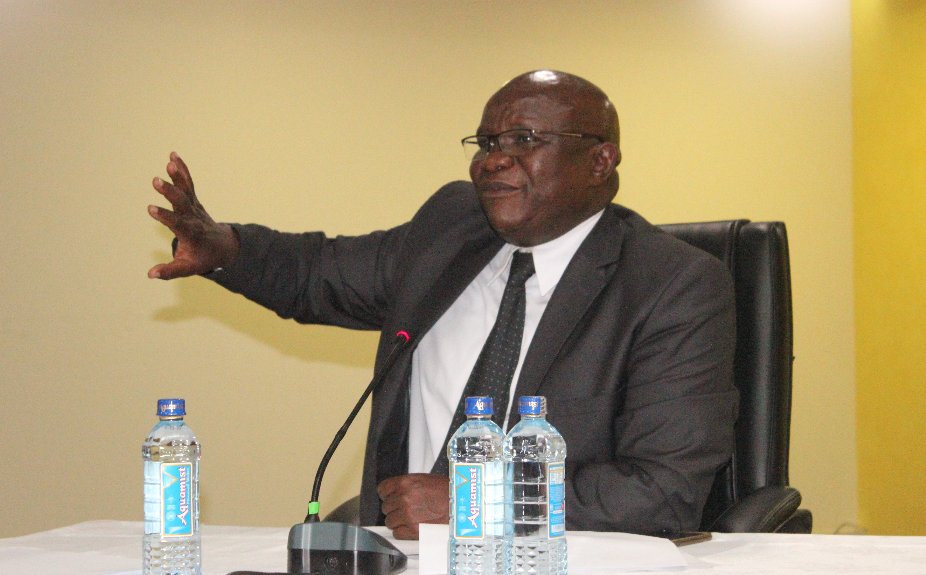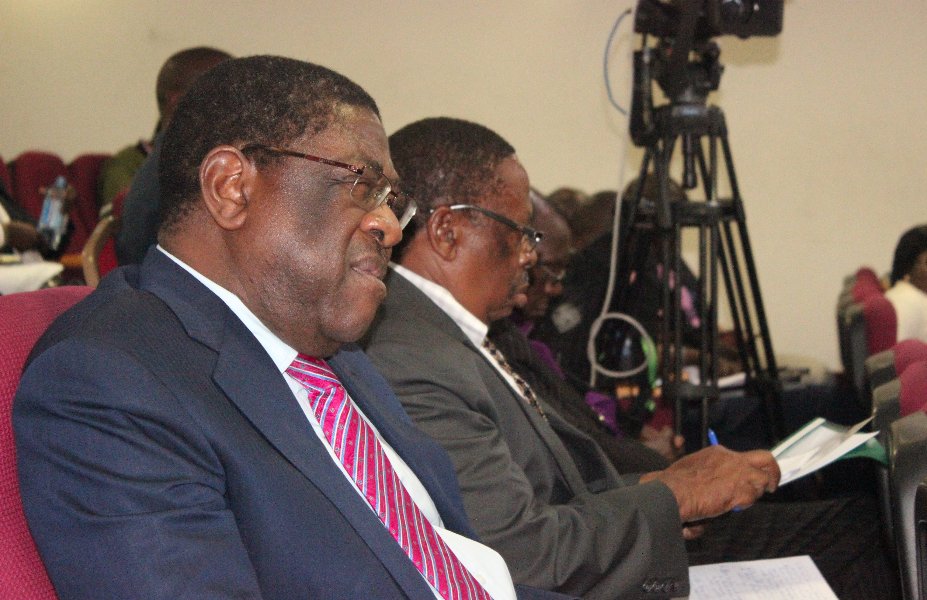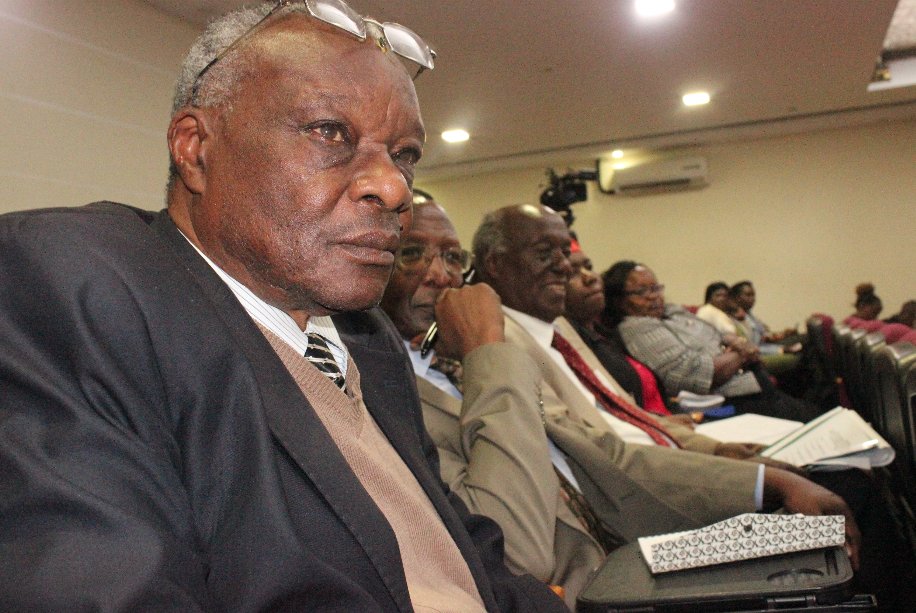(1) the individual is an end in himself
(2)to the individual has certain inalienable rights which must be guaranteed to him by the Constitution...
(4) The state shall not delegate powers to private persons to govern others”
Keep Current with daktre
This Thread may be Removed Anytime!
Twitter may remove this content at anytime, convert it as a PDF, save and print for later use!

1) Follow Thread Reader App on Twitter so you can easily mention us!
2) Go to a Twitter thread (series of Tweets by the same owner) and mention us with a keyword "unroll"
@threadreaderapp unroll
You can practice here first or read more on our help page!



